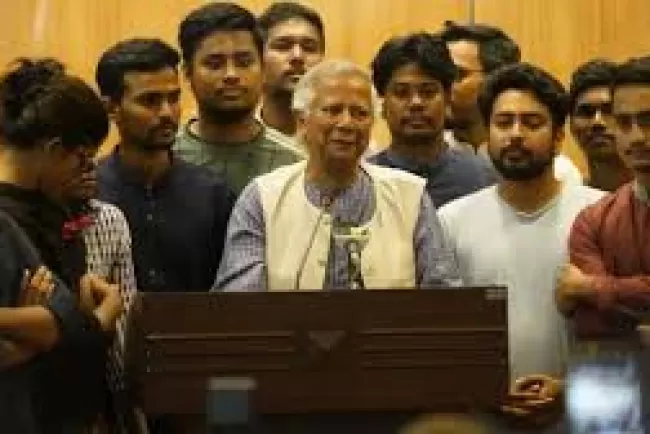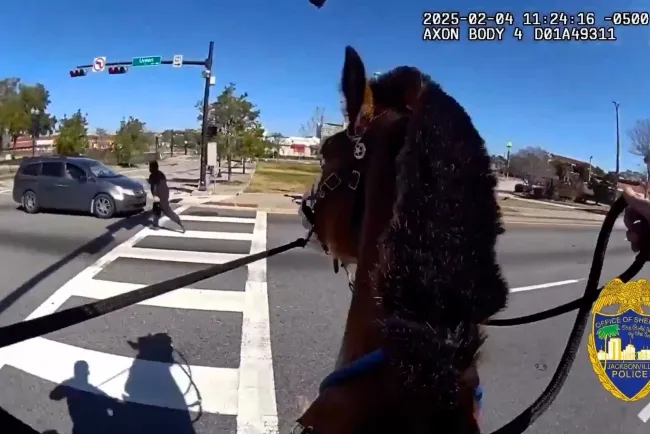Elon Musk's Controversial Claims Ignite Tensions with South Africa
In the midst of escalating diplomatic tensions between the United States and South Africa, Elon Musk has made headlines once again by accusing the South African government of racial discrimination. The billionaire entrepreneur has asserted that the government is promoting what he describes as "white genocide" in the country. This article explores Musk's claims, the South African government's response, and the broader implications for international relations.
Musk's Accusations and Historical Context
Musk, who heads the U.S. Department of Government Efficiency, shared a video featuring South African political leader Julius Malema. The footage allegedly shows Malema leading supporters in a controversial song from the apartheid era, which Musk claims incites violence against white farmers. His allegations come against the backdrop of South Africa's ongoing land reform policies, which aim to redress historical injustices by redistributing land to black citizens. Musk argues that these policies amount to legalized expropriation of white-owned property.
The historical context of these tensions is significant. The apartheid era, which lasted from 1948 until the early 1990s, was marked by systemic racial segregation and discrimination against the black majority. The anti-apartheid struggle, led by figures like Nelson Mandela, aimed to dismantle these oppressive structures. Musk’s reference to apartheid-era songs brings forth painful memories for many South Africans, complicating the narrative surrounding his claims.
Claims of Racism and Business Challenges
Musk's assertions extend to his business ventures in South Africa, particularly regarding his satellite internet company, Starlink. He alleged that the South African government has denied Starlink a license to operate, attributing this to racial discrimination against him as a white businessman. However, the South African government has strongly refuted these claims, stating that the licensing process is based on regulatory requirements rather than racial criteria.
The allegations have raised eyebrows, particularly given Musk's background as a native of South Africa. He attended school in Pretoria before moving to Canada in 1989 and later acquiring U.S. citizenship. His unique perspective as someone who has lived in both countries adds a layer of complexity to his statements.
U.S. Political Implications
The political ramifications of Musk's comments are also noteworthy. Following his accusations, former U.S. President Donald Trump suspended U.S. aid to South Africa, citing concerns over land reform policies and the country's stance on Israel at the World Court. This move reflects a broader trend in U.S. foreign policy, where domestic political figures weigh in on international issues, often leading to strained relationships between nations.
Conclusion
Elon Musk's recent accusations against the South African government have sparked significant controversy, highlighting deep-rooted historical tensions and raising questions about racial dynamics within the country. As the debate unfolds, the implications for U.S.-South Africa relations remain uncertain. The situation underscores the complexities of addressing historical injustices while navigating modern geopolitical landscapes.
As the world watches, the dialogue surrounding these issues continues to evolve, with potential ramifications for both countries and beyond.
Stay informed on the latest developments in international relations by following our blog.
What's Your Reaction?
















